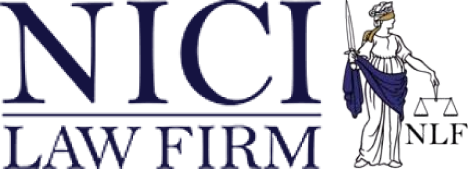Trust Administration 101: What Trustees Need to Know
James Nici
Trust Administration 101: What Trustees Need to Know
Becoming a trustee is a significant responsibility, as you are entrusted with managing assets and carrying out the wishes of the trustor, the person who created the trust. The role requires a careful understanding of both the legal responsibilities and the practical challenges that come with trust administration.
Understanding Your Role
First and foremost, as a trustee, you are a fiduciary. This means you are legally bound to act in the best interests of the beneficiaries, adhering to the terms set forth in the trust document. It's crucial to have a clear grasp of these terms, as they define the scope of your duties and powers.
Key Responsibilities of a Trustee
Some of the main duties as a trustee include:
- Managing Trust Assets: This involves preserving the trust assets and investing them prudently. You must ensure that your decisions align with the goals of the trust and the expectations of the beneficiaries.
- Record Keeping: Keeping accurate and detailed records of all transactions and communications regarding the trust is essential. This transparency helps to maintain trust with the beneficiaries and comply with legal obligations.
- Communication: Regular updates to the beneficiaries about the status of the trust, including what funds have been distributed and what is left in the trust, are crucial. Good communication helps to prevent misunderstandings and disputes.
Common Challenges in Trust Administration
Trustees often face several challenges during their administration. Balancing the differing interests of beneficiaries can be complex, especially if they have conflicting needs or priorities. It's important to handle these situations delicately and, if necessary, seek legal guidance.
Furthermore, changing market conditions can affect the value of trust assets. Staying informed and possibly engaging a financial advisor to assist in managing the assets can ensure the trust maintains its value over time.
Seeking Professional Advice
Given the importance and complexity of the role, it is often beneficial for trustees to work with legal and financial professionals. These experts can provide crucial support, helping you to manage the trust effectively while adhering to legal requirements.
Ultimately, being a trustee requires diligence, transparency, and a commitment to fulfilling the intentions of the trustor. By understanding your responsibilities and seeking the right support, you can successfully administer the trust and uphold the fiduciary standards expected of you.

